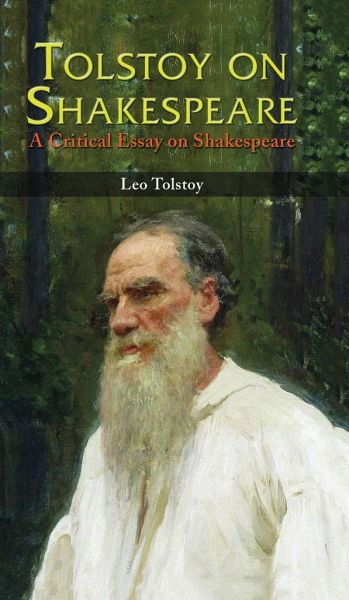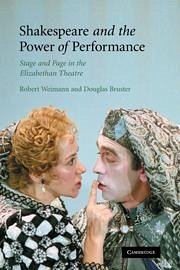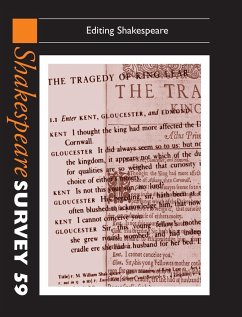
TOLSTOY ON SHAKESPEARE
Versandkostenfrei!
Versandfertig in 1-2 Wochen
23,99 €
inkl. MwSt.
Weitere Ausgaben:

PAYBACK Punkte
12 °P sammeln!
The author remembers the astonishment he felt when he first read Shakespeare. He expected to receive a powerful aesthetic pleasure, but having read, one after the other, works regarded as Shakespeare's best: "King Lear," "Romeo and Juliet," "Hamlet" and "Macbeth," not only did the author feel no delight, but he felt an irresistible repulsion and tedium, and doubted as to whether he was senseless in feeling works regarded as the summit of perfection by the whole of the civilized world to be trivial and positively bad, or whether the significance which this civilized world attributes to the work...
The author remembers the astonishment he felt when he first read Shakespeare. He expected to receive a powerful aesthetic pleasure, but having read, one after the other, works regarded as Shakespeare's best: "King Lear," "Romeo and Juliet," "Hamlet" and "Macbeth," not only did the author feel no delight, but he felt an irresistible repulsion and tedium, and doubted as to whether he was senseless in feeling works regarded as the summit of perfection by the whole of the civilized world to be trivial and positively bad, or whether the significance which this civilized world attributes to the works of Shakespeare was itself senseless. At the present time, before writing this preface, being desirous once more to test himself, the author, as an old man of seventy-five, again read the whole of Shakespeare, including the historical plays, the "Henrys," "Troilus and Cressida," the "Tempest," "Cymbeline," and he has felt, with even greater force, the same feelings,-this time, however, not of bewilderment, but of firm, indubitable conviction that the unquestionable glory of a great genius which Shakespeare enjoys, and which compels writers of his time to imitate him and readers and spectators to discover in him non-existent merits,-thereby distorting their aesthetic and ethical understanding,-is a great evil, as is every untruth.













